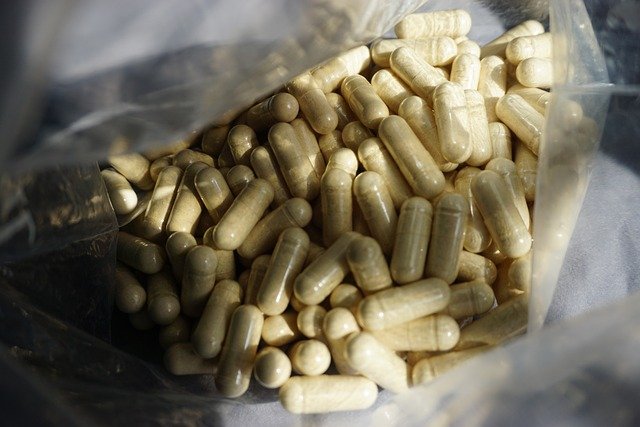The Potency of Probiotics: A Deep Dive into the Wellness Benefits of Beneficial Bacteria
Probiotics have been a buzzword in the wellness sphere for the past couple of years, but what exactly are these little microorganisms, and why are they so crucial for our health? In this article, we delve into the science behind probiotics, exploring their history, current trends, and research-based benefits.

The Origins and Evolution of Probiotics
The idea of consuming living microorganisms for health might seem like a relatively new trend, but it has ancient roots. The concept of fermented foods rich in beneficial bacteria goes back as far as the Roman Empire. However, the term “probiotic,” meaning “for life,” was coined only in the 1960s by scientists Lilly and Stillwell. Their research laid the groundwork for the modern understanding of probiotics and the role they play in maintaining optimal health.
Probiotics in Today’s Wellness Landscape
In today’s wellness landscape, probiotics are more popular than ever. They’re found in an array of products, from dietary supplements to fortified foods and drinks. This surge in popularity is largely driven by growing research highlighting their potential health benefits. Probiotics are recognized for promoting gut health, boosting immunity, and even improving mental well-being.
The Science behind the Health Benefits
Research has shown that probiotics play a vital role in maintaining the balance of our gut microbiota, the collection of trillions of bacteria living in our digestive tract. They can outcompete harmful bacteria for resources, thereby promoting overall gut health.
Beyond the gut, probiotics are also known for their immune-boosting effects. They can enhance the body’s natural defence mechanisms and reduce the risk of infections.
Moreover, emerging research suggests a connection between gut health and mental well-being – often referred to as the gut-brain axis. Certain probiotics, labeled as psychobiotics, might help alleviate symptoms of mood disorders, offering a promising avenue for future mental health treatments.
Navigating the World of Probiotics: Benefits, Challenges, and Considerations
While probiotics offer a host of potential health benefits, it’s essential to approach them with an informed perspective. Not all probiotics are created equal. The health benefits are strain-specific and dependent on adequate doses.
Moreover, while generally safe for healthy individuals, probiotics may pose risks for individuals with compromised immune systems. Therefore, it’s always a good idea to consult with a healthcare provider before starting a probiotic regimen.
Enlightening Health Facts about Probiotics
-
Probiotics are not just found in supplements. They are also naturally present in fermented foods like yogurt, kimchi, and sauerkraut.
-
There are hundreds of different probiotic species, each with its unique health benefits.
-
Some probiotic strains can survive and thrive in harsh conditions like the acidic environment of the stomach.
-
The human gut is home to roughly 100 trillion bacteria – ten times more than the total number of human cells in our bodies.
As we wrap up our deep dive into probiotics, it’s clear that these beneficial bacteria hold great potential for health and wellness. They offer a promising approach to enhance gut health, bolster immunity, and potentially improve mental well-being. However, it’s crucial to navigate the world of probiotics with an informed perspective, recognizing the importance of strain-specific benefits and individual health considerations. With advancing research, the future of probiotics in wellness looks bright, promising exciting developments in this burgeoning field.




